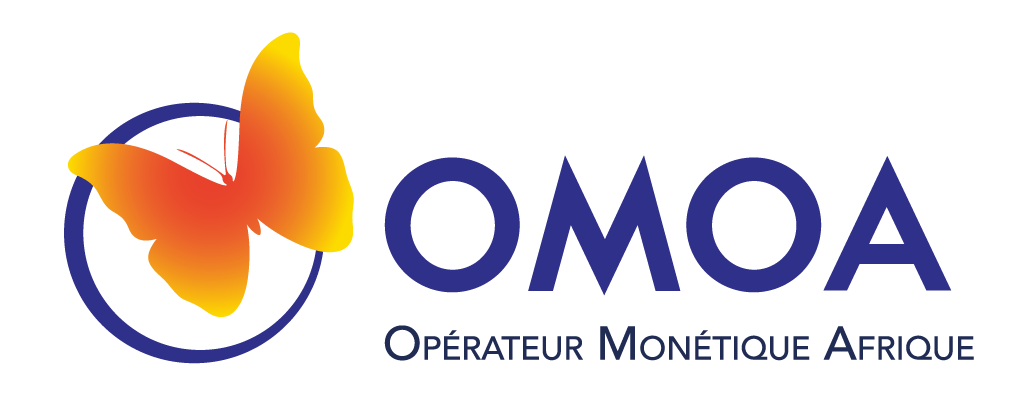Frequently asked questions
An SLA is the formalization of a negotiated and contractual agreement between a customer and a supplier. It puts in writing the expectations of the parties on the content of the service, its execution method, the responsibilities of each party, the guarantees, that is to say the expected level of service.
In the payment sector, that is defined by central banks as a major and essential service, the need for an understanding on the quality of services is paramount. This is all the more important if the provider offers central hosted application services (ASP or application service provider). The SLA thus specifies the level of availability, performance, operation and any other attribute of the service in question. It is generally associated with a BCP (business continuity plan) which aims to ensure the delivery of essential services in case of force majeure through emergency plan mechanisms adapted and tested regularly.
OMOA and its subsidiaries fully meet these service commitments with rigorous quality controls and measurable KPIs: SLA> 99.7% for field services and 99.9% for central payment services.
Fraud is detrimental to the development of commercial activities: it can negatively impact a company’s image and trust with users, and can impair operations in the event of an organized attack and a massive compromise of payment data.
In this context, securing payment methods is an essential requirement to ensure user’s confidence in their means of payment.
If banks are generally quite cautious when it comes to communicating on fraud (viruses, phishing, card skimming, remote access by hackers, data theft, etc.), we know that these frauds represent in Africa billions of FCFA and a real risk to financial inclusion.
We do everything we can to guarantee the security of your transactions:
- All OMOA engineers and technicians are certified (PCIP, CISM, CRISC, etc.), and at least sensitized to international security standards EMV, ISO27001 and PCI-DSS.
- All the solutions that deal with payment and offered by OMOA are PA-DSS certified.
- Our electronic payment processing centers are PCI-DSS certified.
This is a real guarantee for financial institutions that trust OMOA
Information system is a strategic issue for all businesses, whether they deal with payment or simply with data. Preserving the integrity of the information system is essential to ensuring the proper functioning of critical and vital business activities, especially in the event of a disaster.
Known to large institutions, the Business Continuity Plan (BCP) is often underestimated and even ignored by small businesses. The main objective is to anticipate and mitigate the devastating effects of a crisis or natural disaster on the sustainability of activities.
Banks are one of the essential financial services for governments. They are particularly aware and must respect the implementation of a set of measures aimed at ensuring the continuity of essential services and the planned return to normal activities.
These same measures apply to payment service providers.
OMOA and its international network of subsidiaries fully meet these service commitments with its hosted “Cloud payment” systems based on physical environments in different countries.
OMOA is prepared to face any crisis situation thanks to its network of local agencies, its main and secondary maintenance stocks, and its digital systems.
Thanks to our PCA procedures, OMOA knows how to ensure the continuity of its services, as its teams are currently showing, during the COVID-19 period, with a customer satisfaction rate close to 100% (compliance with SLA – processing, maintenance, support, project deliverables).
